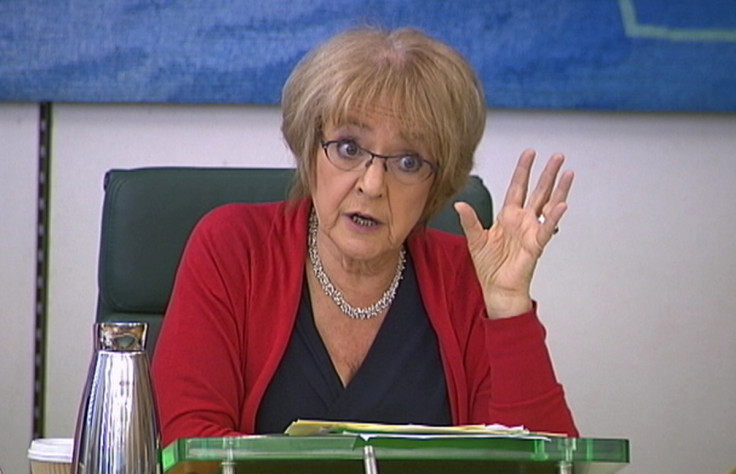G4S and Serco Scandal: UK Government Must 'Get House in Order' Over Outsourcing Firms

Britain's government must "get its house in order" over how it handles the outsourcing of vital public services to private firms, according to a group of MPs.
In a report, parliament's Public Accounts Committee (PAC) highlighted recent scandals around some of the outsourcing giants – such as overcharging by Serco and G4S on their electronic tagging contracts with the Ministry of Justice – as signs that the current system is failing.
It said just a handful of businesses were controlling lots of public services because SMEs were being crowded out from the procurement process by its unnecessary complexity, bureaucracy and high cost.
"Private provision of public services has become big business, with half of all public spending on goods and services going to private providers of contracted-out services," said Margaret Hodge, chairwoman of the PAC.
"We believe government needs to urgently get its house in order so that this expenditure is properly open to public scrutiny, and that measures are put in place which will improve services and secure a better deal for the taxpayer."
She added: "There is a lack of transparency and openness around the government's contracts with private providers, with 'commercial confidentiality' frequently invoked as an excuse to withhold information."
The PAC recommended that the government extend the Freedom of Information Act to cover public contracts with private providers; allow the National Audit Office access rights to probe the contractors; and require private contractors to open their books to public officials.
Just four firms – Serco, G4S, Atos and Capita – held £4bn worth of public contracts in 2012/13.
G4S and Serco have been forced to repay millions of pounds on their Ministry of Justice contracts after it emerged that they had wrongfully been charging taxpayers for the electronic tagging of criminals who were dead or in prison.
There was also embarrassment for G4S during the London 2012 Olympic Games when it was forced to admit it was unable to fulfil a contract to provide security staffing.
The government had to call in the British Army to fill the security hole at the Games. The London 2012 debacle cost G4S £88m.
© Copyright IBTimes 2024. All rights reserved.






